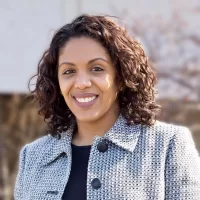
Eight professors at Bates College have received promotions, including tenure awards, effective Aug. 1, 2024.
The promotions were recommended by the faculty’s Committee on Personnel and approved by the Bates College Board of Trustees. This year’s promotions include three from assistant professor to associate professor, with tenure, and five from associate professor to professor.
“The professors who have received promotions this year are stellar examples of what the Bates faculty as a whole brings to this community: the ability to balance phenomenal scholarly and creative work with a commitment to undergraduate education,” said Malcolm Hill, vice president for academic affairs and dean of the faculty.

“Collectively, these eight faculty members also reflect a dynamic commitment to improvement, to the ongoing development of their pedagogy and their scholarly and artistic efforts. Each has charted a career that keeps their myriad time investments well-balanced and their eyes on excellence and forward momentum. They are an impressive group.”
Below are profiles of these eight newly promoted faculty members, featuring their areas of scholarly expertise, an example of a Bates course they teach, and, in their words, what being a Bates professor means to them. (Note: a “terminal degree,” as noted for each professor below, is the degree recognized as the highest available in a scholar’s academic field.)
First listed are faculty promoted to associate professor with tenure; second are faculty promoted from associate professor to professor.
Marcelle Medford, promoted to Associate Professor of Sociology
Terminal-degree institution: University of Chicago (Ph.D.)
Areas of research: Urban sociology, immigration, race, and ethnicity, specifically how Black immigrants understand their own ethnically-specific identities in the U.S.
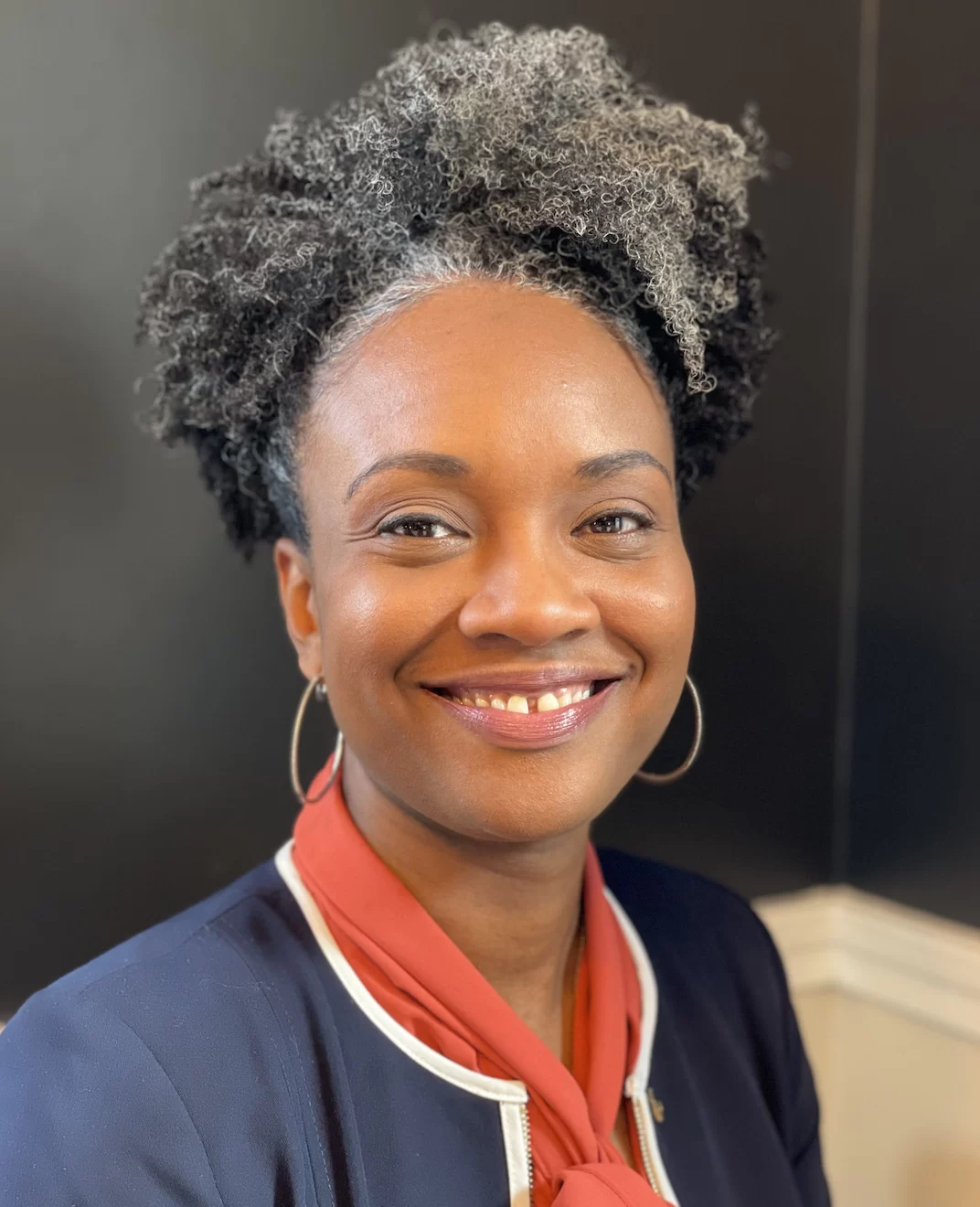
Courses taught include: “Sociology of Immigration,” which explores sociological approaches to immigration in the U.S. as students discuss, debate, analyze, and critique academic, political, and mainstream articulations of immigration processes in the U.S.
What it means to be a Bates professor: Being a Bates professor means I get to work and learn with members of the Lewiston community to understand how local issues are connected to broader national and international trends in regards to race, migration, and belonging.
Anelise Hanson Shrout, promoted to Associate Professor of Digital and Computational Studies and History
Terminal-degree institution: New York University (Ph.D.)
Areas of research: The relationship between history and data, with a special interest in the nineteenth-century origins of international humanitarianism, and the lives of immigrants who were medically incarcerated in New York in the nineteenth century.
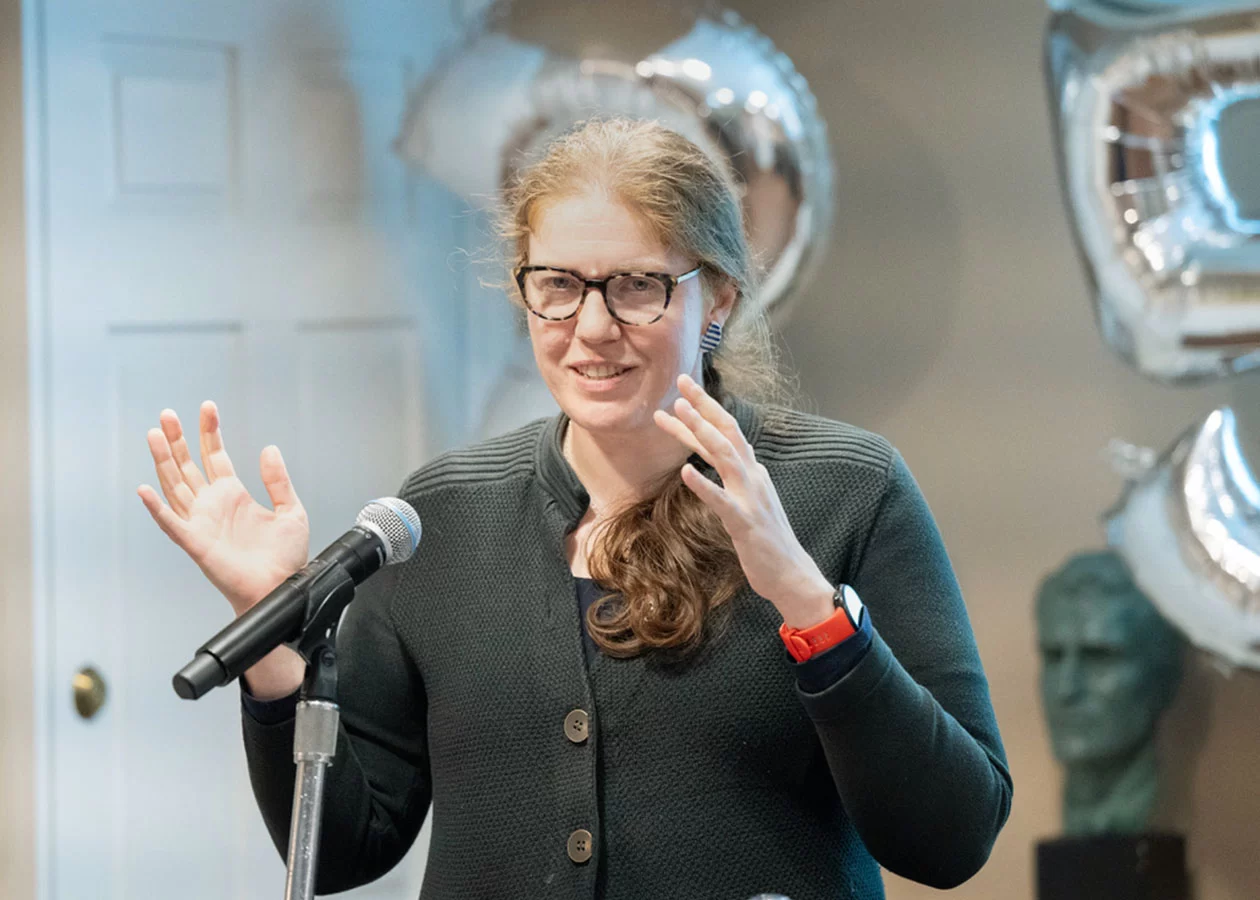
Courses taught include: “Public History in the Digital Age,” which helps students learn to see public history by engaging with more contemporary sources such as websites, graphic novels, social media, and other digital spaces. Students are taught to present those sources and historical interpretations to the public in digital form.
What it means to be a Bates professor: Working at Bates means being a part of communities dedicated to making the world a better place. From students who make meaningful connections between what they see in the classroom and the world beyond Bates, to colleagues who are constantly innovating pedagogically, to collaborators in the Lewiston community, I am surrounded by people who model intellectual curiosity and a commitment to informed civic action.
Justine Wiesinger, promoted to Associate Professor of Japanese
Terminal-degree institution: Yale University (Ph.D.)

Areas of research: Japanese language and Japanese culture, including literature, film, and theater; and the intersections between natural disasters and the theater and film performances that emerge from such events.
Courses taught include: “Japanese Horror Film: Silent Era to Present,” which considers Japanese horror films (something many Americans are familiar with) in the context of genre theory and cinematic, psychological, social, political, and artistic elements. Students are encouraged to think critically about popular films, in part, by evaluating the claims of film scholars.
What it means to be a Bates professor: For me, being a Bates professor means having the opportunity to connect directly with my students and encourage them to claim the power of becoming independent navigators of information and synthesizers of ideas.
Senem Aslan, promoted to Professor of Politics
Terminal-degree institution: University of Washington (Ph.D.)
Areas of research: Middle East politics, nationalism and state-building, ethnic politics, and the politics of emotions in Turkey and the Middle East.
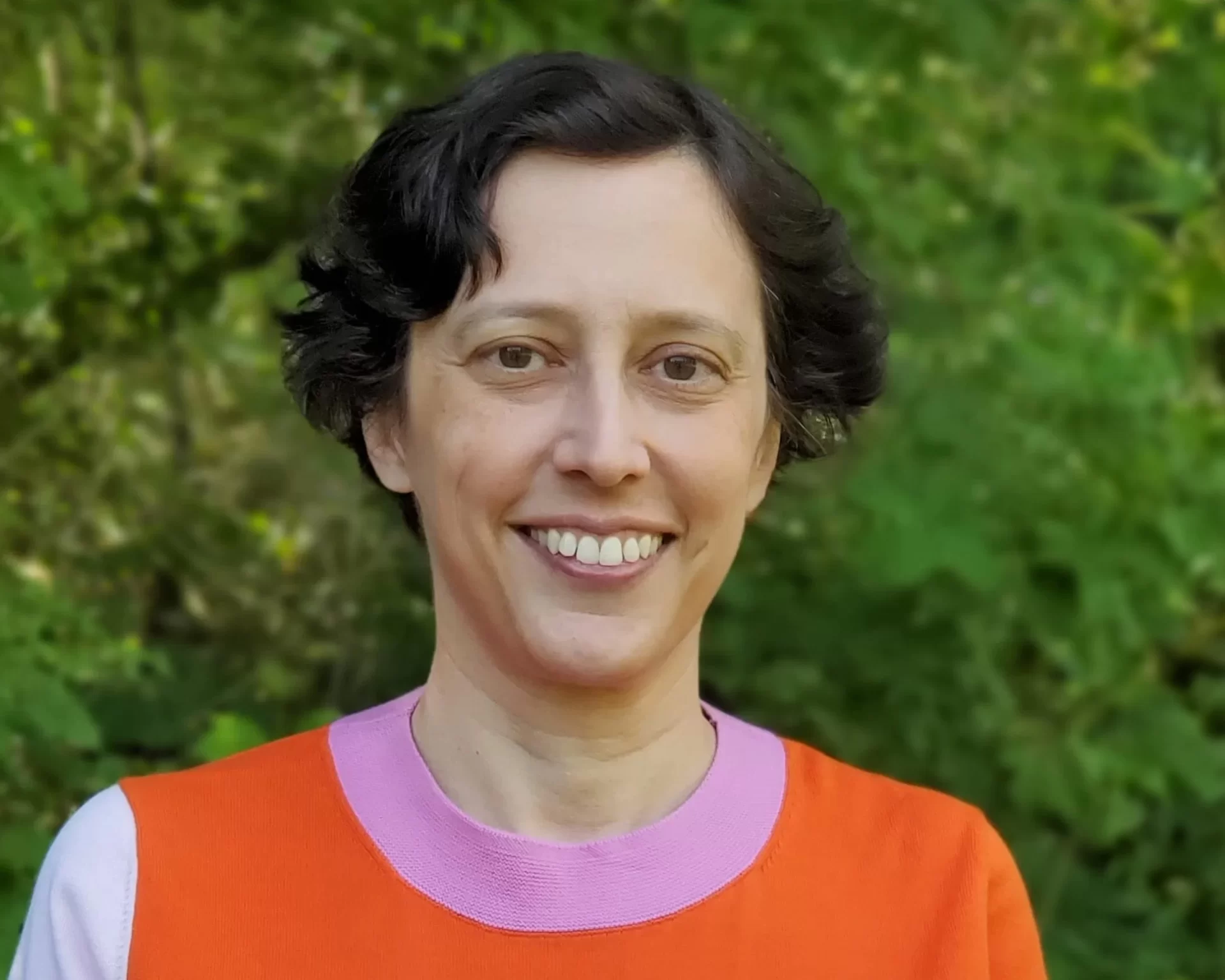
Courses taught include: “State-Society Relations in the Modern Middle East,” which looks at states’ efforts to dominate and shape societies in the Middle East and how different social groups resist these efforts through mobilization or their everyday practices.
What it means to be a Bates professor: I’m lucky to be surrounded by curious and intellectually engaging students at Bates. I enjoy pushing them to be open-minded, critical thinkers who refuse cliches, easy answers, and broad generalizations. They are a crucial source of motivation in my career.
John Baughman, promoted to Professor of Politics
Terminal-degree institution: University of Chicago (Ph.D.)
Areas of research: American politics and the development of the U.S. Congress, particularly the way members of the House reshaped the institution in order to respond to constituent demand and why members of the House during the Antebellum period developed a complex internal organization.
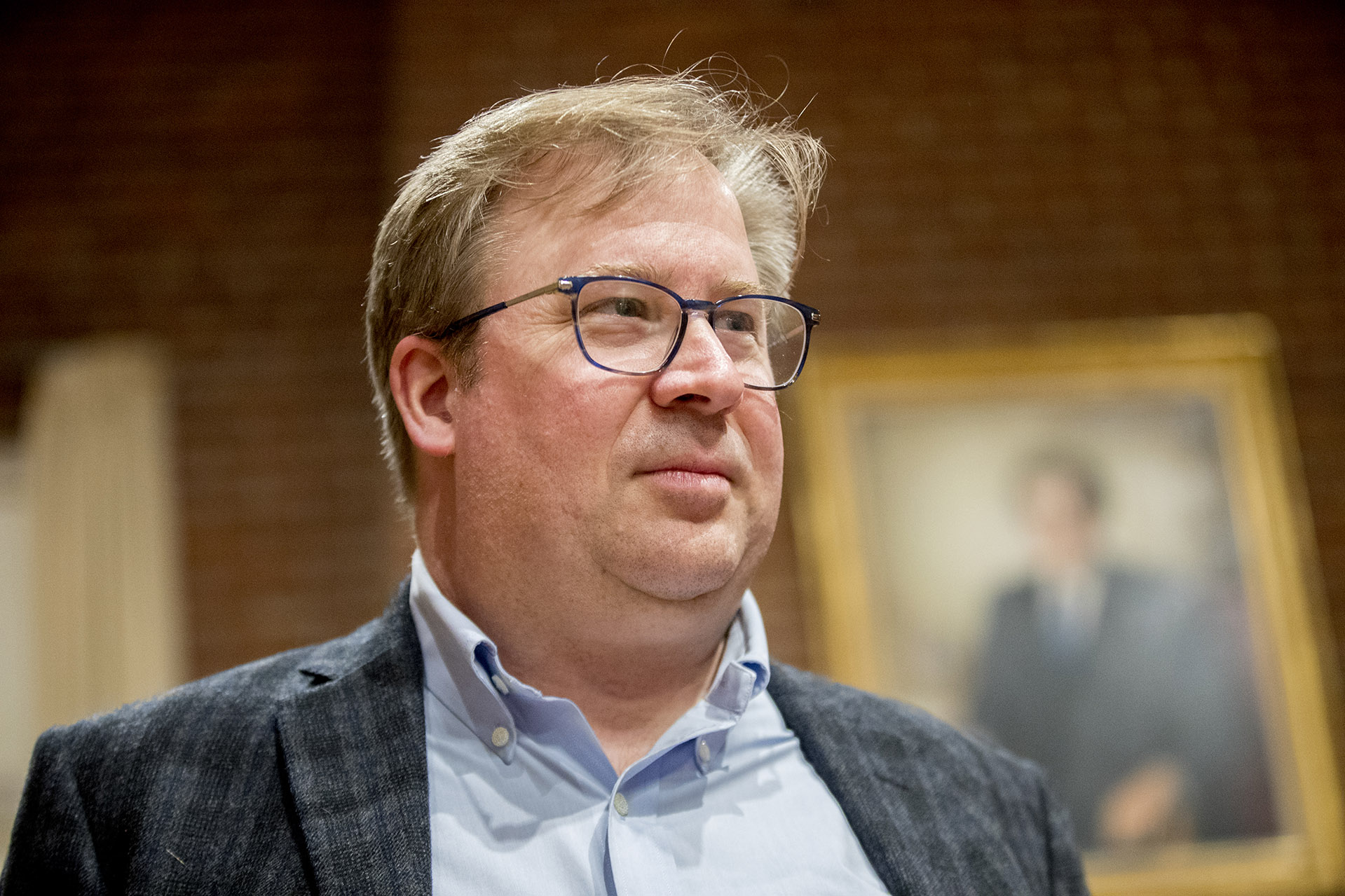
Courses taught include: “Political Participation in the United States,” which explores the many ways in which Americans participate in politics and voice demands on the government, both formally and informally. The course also looks at how class, race, and gender affect political influence.
What it means to be a Bates professor: Bates students are curious and politically engaged, I have always found, and a source of the regular renewal I feel every semester as an instructor. As challenging as the politics of our world can be, my students have never failed to impress with their enthusiasm to meet that challenge.
Jon Cavallero, promoted to Professor of Rhetoric, Film, and Screen Studies
Terminal-degree institution: Indiana University (Ph.D.)
Areas of research: Race/ethnicity and media; film and television history; Hollywood film; Bollywood film; media authorship; U.S. cultural history; and multiculturalism and pedagogy.
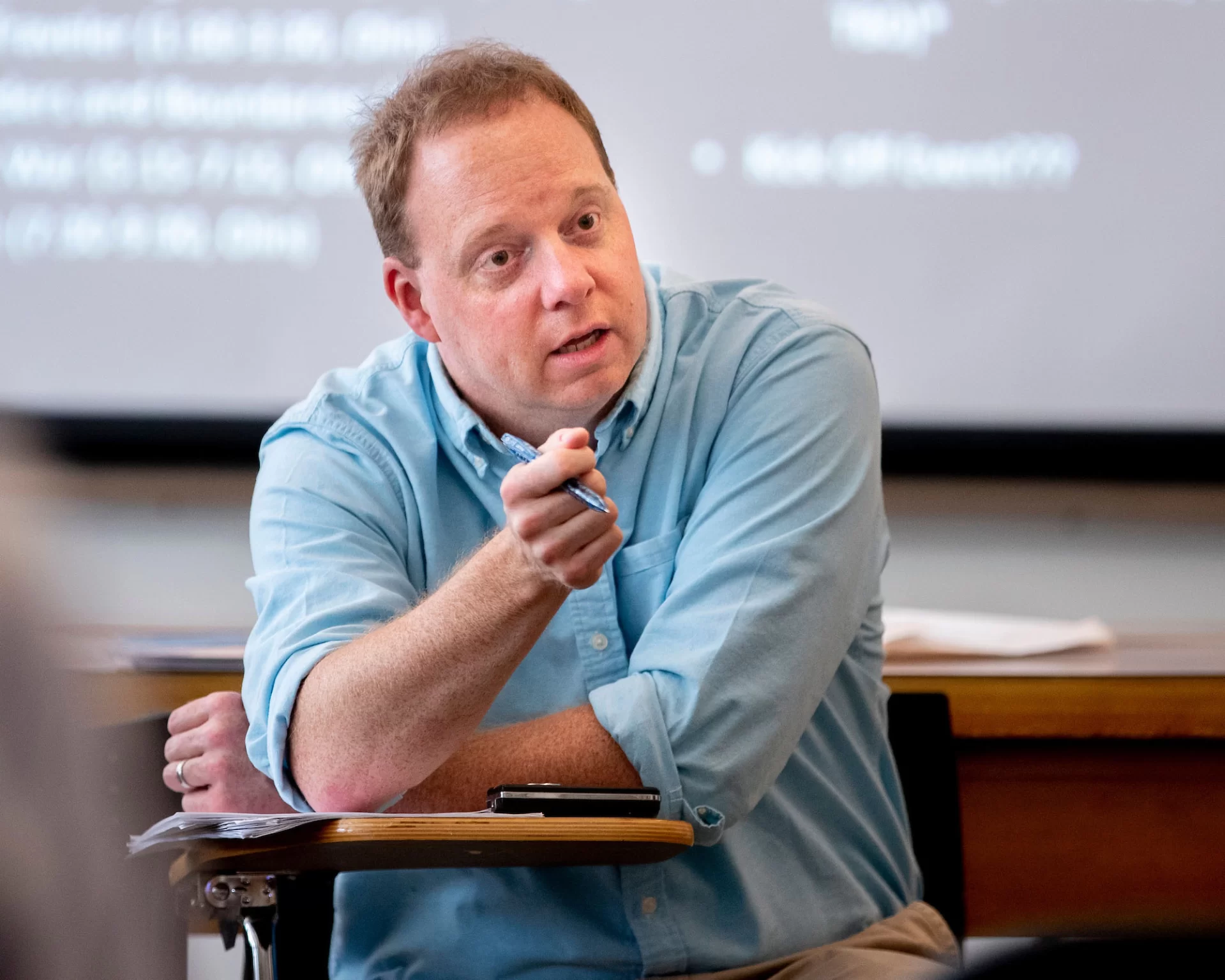
Courses taught include: “Film Festival Studies,” which is structured around ongoing discussions within the academic field of festival studies and asks students to apply those conversations to the planning of the bi-annual Bates Film Festival.
What it means to be a Bates professor: Being a Bates professor means being surrounded by a truly inspiring and unique peer group. Since arriving at Bates, I have been so impressed with the innovative approaches to teaching taken by Bates faculty. My colleagues implement cutting-edge approaches that professors at other colleges would struggle to imagine. We are supported by passionate students who become learning partners, improving our courses as we go along. I am honored to be included among this group of visionary educators, and I am grateful to work with students who ask insightful questions and push my classes and my ideas in new directions.
Katy Ott, promoted to Professor of Mathematics
Terminal-degree institution: University of Virginia (Ph.D.)
Areas of research: Harmonic analysis and partial differential equations; math outreach, particularly efforts to increase the participation of women in mathematics.
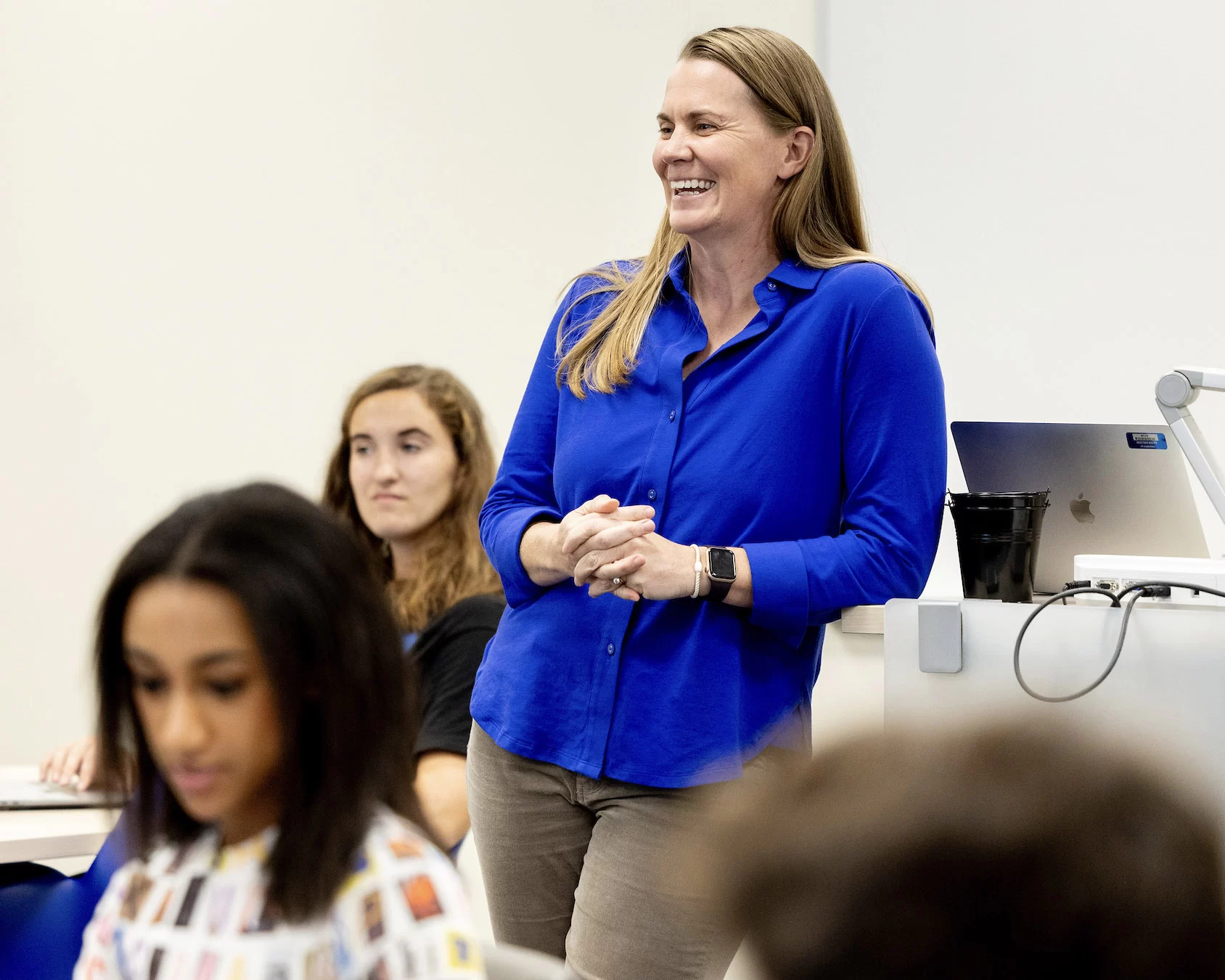
Courses taught include: “Mathematics for Social Justice,” which teaches quantitative literacy, critical thinking, and problem-solving skills in a socially relevant context.
What it means to be a Bates professor: Being a Bates professor is a tremendous privilege. I love that I get to know students beyond the confines of the classroom, and that I encounter many students in multiple classes over their four years. Witnessing how students grow and transform over the span of their Bates career is tremendously rewarding. I am also grateful to work alongside amazing faculty and staff colleagues who I think are the most committed and innovative educators. In this community, I feel inspired and supported to try new things.
Michael Rocque, promoted to Professor of Sociology
Terminal-degree institution: Northeastern University (Ph.D.)
Areas of research: Social disparities in criminal justice involvement, desistance (which refers to the slowing down and eventual stopping of criminal involvement by those who have broken the law), race within the context of crime and justice, criminological theories, and the history of criminology.
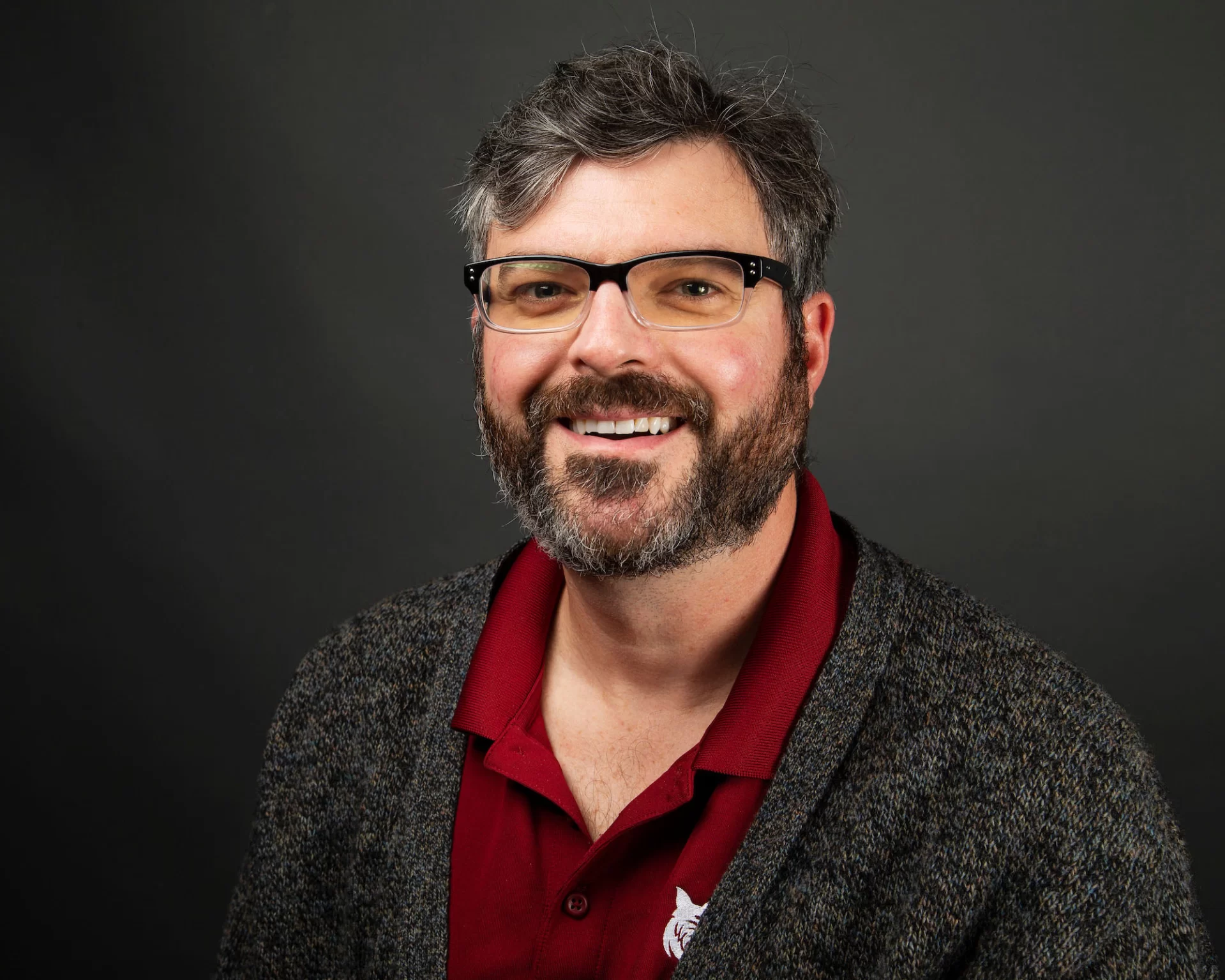
Courses taught include: “Crime and Justice over the Life Course,” which examines crime and deviance over the life of individuals, how behavior changes, and the role of social institutions and relationships in affecting life outcomes. In short: Why and how do people begin engaging in crime and deviance?
What it means to be a Bates professor: For me, being a Bates professor is an incredible privilege that allows me to work with some of the most talented students in the world and help shape the direction of their interests, passions, and future prospects. I love that at Bates, I can be involved in so many aspects of the college experience, from the classroom to the playing field.
Faculty Featured

John R. Baughman
Professor of Politics
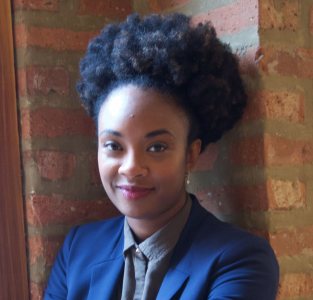
Marcelle M. Medford
Associate Professor of Sociology
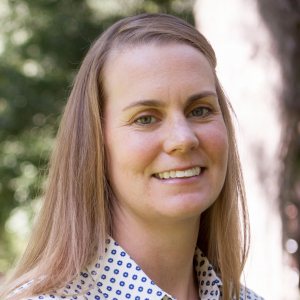
Katharine A. Ott
Thomas Sowell Professor of Mathematics

Michael Rocque
Professor of Sociology and Associate Dean of the Faculty

Anelise H. Shrout
Associate Professor of Digital and Computational Studies

Jonathan J. Cavallero
Professor of Rhetoric, Film, and Screen Studies

Senem Aslan
Professor of Politics
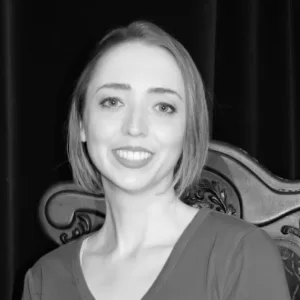
Justine K. Wiesinger
Associate Professor of Japanese
